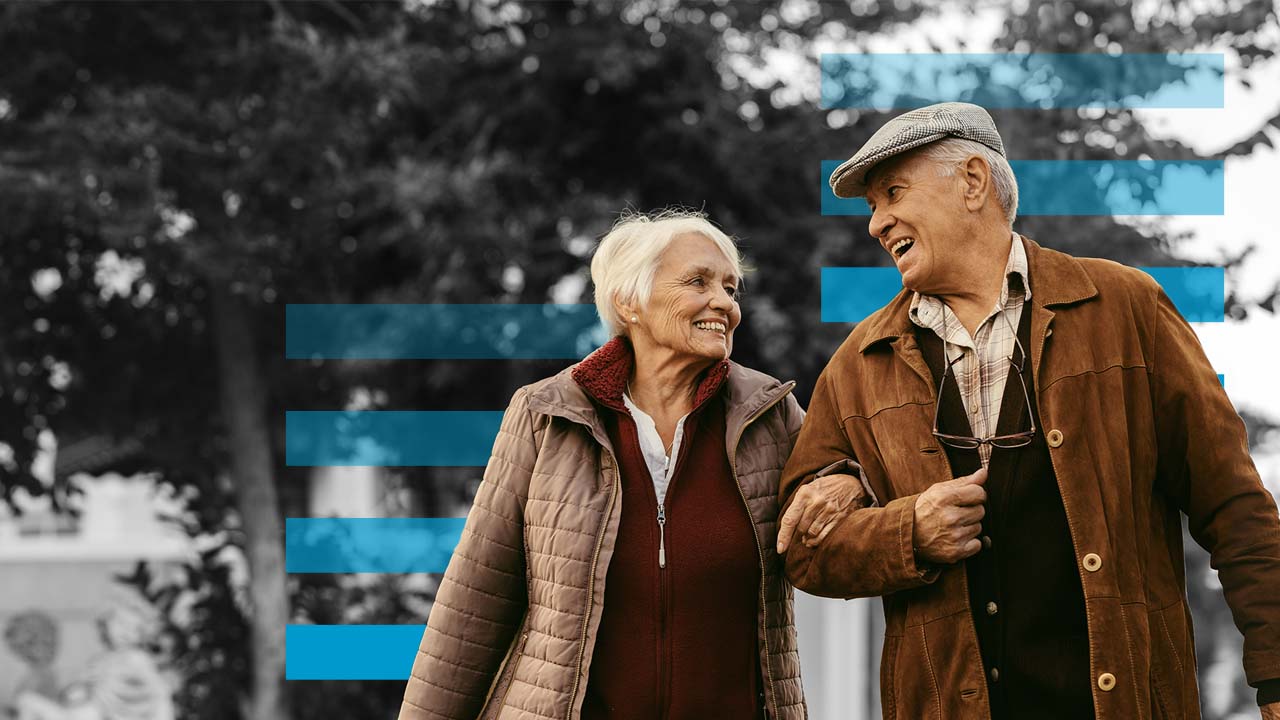Advances for traumatic brain injury
The potential implications of long COVID-19
AI: the future of neurology?
The AI sessions I attended were packed — I think the interest in AI may have been underestimated!
The broad interest appeared to be from the many far-reaching effects AI could have on the future of neurology. At Combinostics, I have the opportunity to see AI help radiologists and neurologists provide more accurate diagnoses and appropriate treatment options for their patients with neurological disorders. It was interesting to hear how others are applying the technology to improve patient lives, such as automated notifications to the referring neurologist when AI detects a blockage in the brain of a stroke patient.
Controversies in neurology
The “Controversies in Neurology” track offered plenary sessions organized as debates, with two experts presenting opposing viewpoints. After listening to both arguments on day 1 regarding the evaluation and treatment of adult patients with a single unprovoked seizure, I was convinced that they should not be treated as though they had epilepsy because of the proportion of initial seizures that are actually mimics of other conditions. The decision to treat should, of course, be based on individualized assessments that weigh the risk of recurrence according to established evidence-based clinical guidelines.
The Great Neuro Reunion provided an opportunity for me to learn about cutting-edge research in neurology, network with researchers, and discuss advances in research. The advances in research are plenty, and the future looks promising.
Soon, our team will be headed to ASNR. Stop by booth 109 or schedule some time to chat during the event about our AI-driven software tools that support early detection, differential diagnosis, prediction of progression, and patient monitoring in memory disorders.


